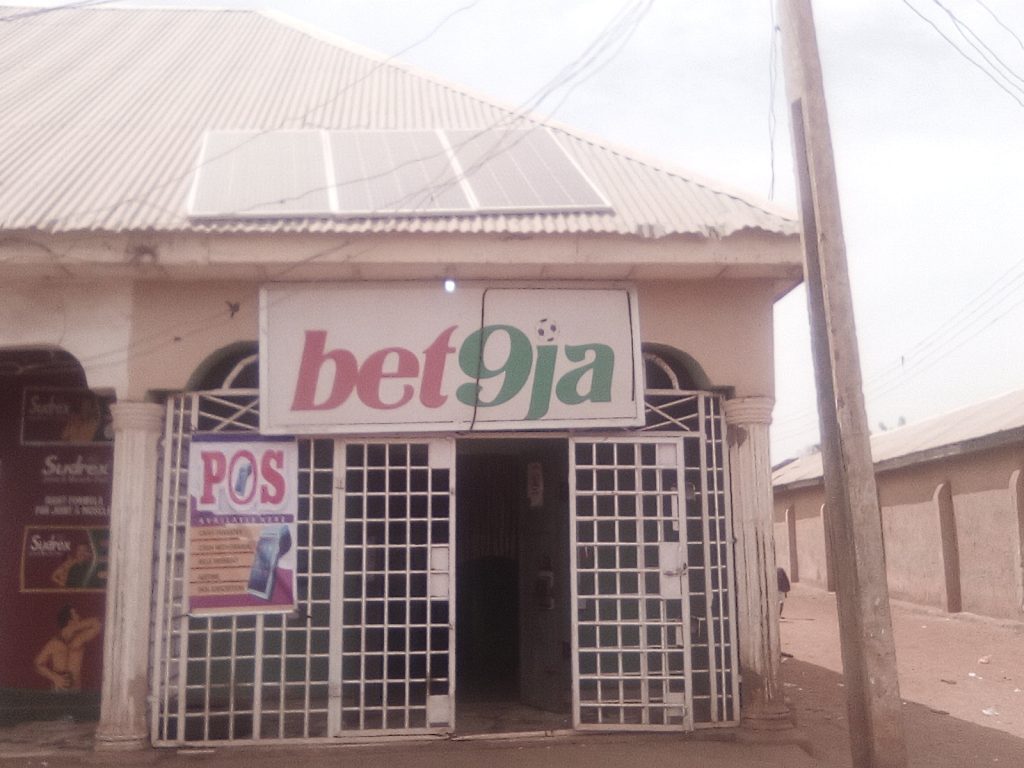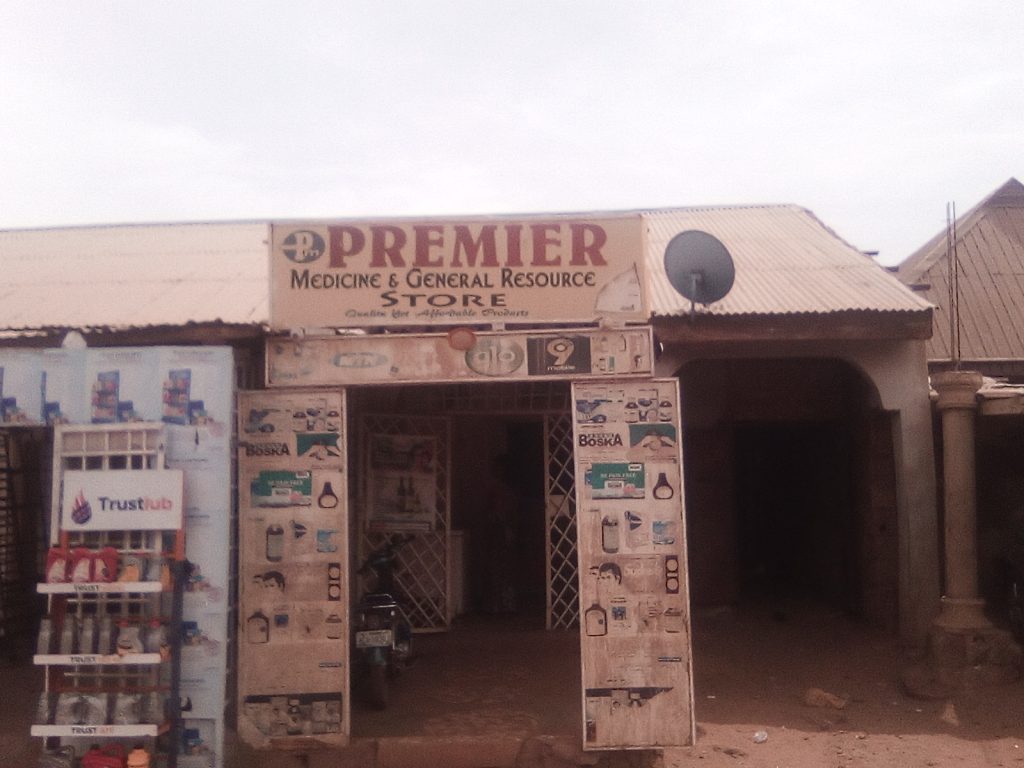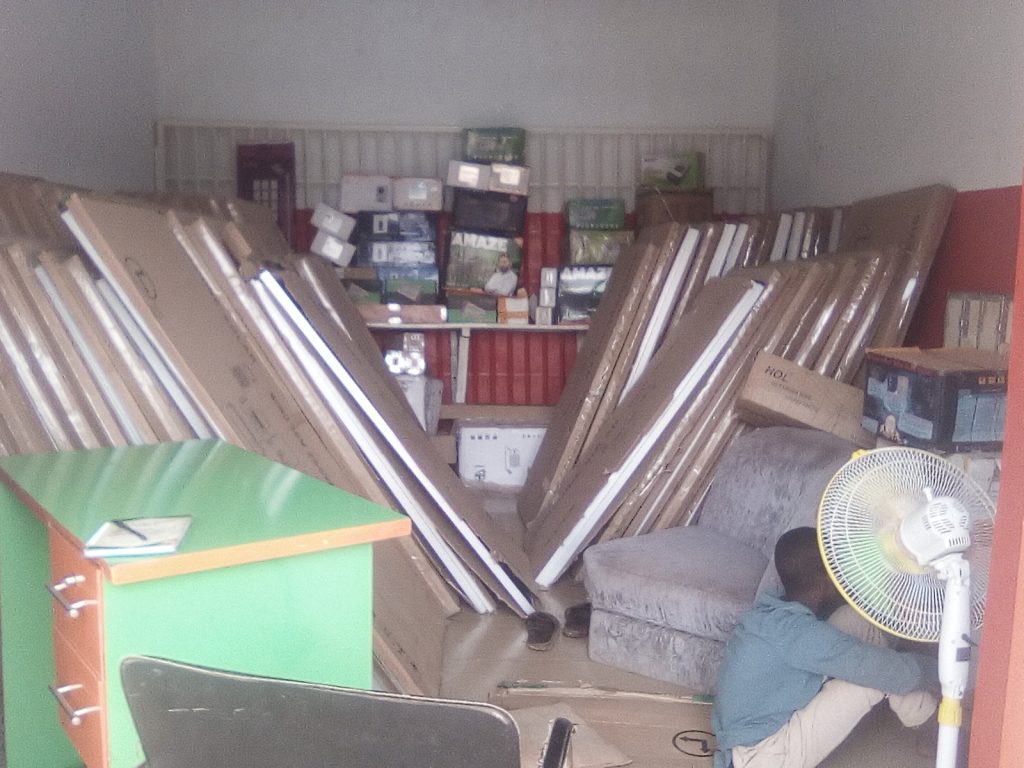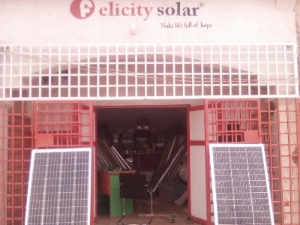Offa Road, a busy way in Sokoto State, finds its residents turning to solar power as a beacon of hope amidst unreliable predictable electricity supply. While the reliance on solar energy presents numerous benefits, it also poses its own set of challenges, as observed by the local community.
Over time now, in Offa Road, businesses like the Bet9ja betting centre and Premier Medicine and General Resource Store have embraced solar technology and other renewable energy technologies to address electricity shortages.
Solar energy is invented from the sunny light and heat released by the Sun. Various technologies harness this energy diversely, including solar power for electricity generation, solar thermal energy for water heating, and solar architecture for integrating energy-efficient designs into buildings to capture solar energy.
The significance of solar energy lies in its renewability. It embodies two primary forms: passive solar, which directly utilizes the Sun’s natural heat and light, and active solar, which employs sophisticated technology such as solar panels to gather and transform solar energy into usable power.
This distinction emphasizes the resourcefulness and sustainability of solar energy as a vital resource for powering our modern world.
ASHENEWS investigated the impact of solar energy on businesses. It finds that this source of power supply has enabled businesses that have started to use solar power to tap into their pool of sustenance in their operations.
According to the Manager, Bet9ja Betting Centre, Mr. Bello Mohammed, the use of Solar power has shown the essence of technology.

“The reliability of solar power has enabled my business to remain open from 8:00 am to 11:00 pm, even when there is an unpredictable power supply. I use Felicity solar power for business.
“Six months ago, I invested N135,000 in buying solar power. A decision that has not only benefited me but also helped other people in the community. In times of power outages, my shop becomes a place of connectivity as residents flock to charge their phones,” he said.
Mohammed said that despite the usefulness of solar charging, “I still rely on the power supply because charging with electricity lasts longer than charging with sunlight. As I explained, “If I charge it well with electricity, it lasts longer than when I charge it with sunlight.” This sentiment reflects a usual belief among some residents that the power supply remains a superior option for charging devices.
In a similar vein, a 28-year-old pharmacist at Premier Medicine and General Resource Store, Mr. Rolland Izuchukwu, has found relief in using SunKing solar technology for his business operations.
He shared, “It helps me because if I don’t have solar, I would have to use a generator and buy fuel every day, which costs money. But with solar, I don’t have to spend that amount of money daily. However, with solar, such daily expenditures are reduced.”

Despite the efficacy of solar power, Mr. Izuchukwu said the only problem is that the solar doesn’t power his refrigerator.
“But I like using solar because if it weren’t for it, I would feel like I’m working for the government by buying fuel every day. I use my solar power system every day from 7:00 am to 11:00 pm,” he said.
Izuchukwu said he bought his solar for N97,000 in 2020. Recently, faced with the difficulty of a malfunctioning battery, Izuchukwu said he explored the option of battery replacement, only to be surprised by the heavy price tag of N90,000 for a new battery. While thinking of the possibility of acquiring a new solar system, he was met with an even steeper cost estimate of N340,000.
“I still rely on the power supply because I need it to power my refrigerator where I store bottled water and minerals for sale.
“However, I don’t sell many cold items anymore, mainly just drugs which need to be kept cold. So, if there’s no electricity, it doesn’t affect me because my solar power already covers me,” Izuchukwu added.
However, navigating the intricacies of solar technology and beyond individual households and businesses, the economic ripple effects of Offa Road’s solar revolution extend to local entrepreneurs like Mr. Musa Mahuda, who specializes in solar panel sales.

According to Mahuda, “I buy solar panels directly from the company and sell them to companies or homes that need solar power.
“Solar panels are great, but many people don’t understand how they work. For example, we have single batteries that are 12 volts, two batteries that are 24 volts, and four batteries that are 48 volts.”
As explained by Mahuda, he educates his customers on the various types of solar panels available. “Some people come to my shop to buy solar panels but they are not sure how many batteries they need. So, I always tell them to go home, write a list of everything they want the solar panels to power, and then return. That way, I can figure out how many batteries they’ll need.”
Emphasizing the efficiency of monocrystalline panels despite their higher cost, Mahuda says he sells different types of solar panels which include Monocrystalline Solar Panels (Mono-SI), Polycrystalline Solar Panels (p-Si), Thin-Film: Amorphous Silicon Solar Panels (A-SI) and Concentrated PV Cells (CVP).
“The best kind of solar panel is Monocrystalline solar panels. They’re the most efficient at capturing sunlight, better than the polycrystalline and thin-film panels. That’s why they cost more.
“Monocrystalline panels are usually all black. Compared to polycrystalline panels, the silicon in monocrystalline panels is arranged better, so they absorb more sunlight,” he said.
In essence, while solar energy lights up Offa Road with its promise of sustainability and cost-effectiveness, residents still cope with the subtle balance between its benefits and challenges.
As the community navigates this shift towards greener energy alternatives, education and strategic planning emerge as vital components in harnessing the full potential of solar power in Offa Road’s landscape.


